It started the way most fashion fights do these days, with a dupe.
Not a counterfeit, not a fake logo. Just a product that looks a little too similar.
Sometime around mid-2025, Lululemon filed a lawsuit against Costco. The kind of lawsuit that makes everyone in fashion sit up straight. The fitness giant accused the retail behemoth of selling suspiciously similar versions of its bestsellers, the Scuba hoodie, the Define jacket, and even the famous ABC men’s pants.
And then there was the color. Tidewater Teal. Lululemon said that shade was theirs. Their signature. Costco, apparently, used it too.
The case went to the U.S. District Court for the Central District of California. And suddenly, what started as a brand-protection move became a marketing moment for Costco. Above the Law actually said it best: Lululemon might have “accidentally started a wave of free Costco publicity.”
Costco, of course, hasn’t said much. It rarely does. The brand’s private labels, Danskin, Jockey, Spyder, and Kirkland, were all named in the complaint. Each is accused of borrowing too heavily from Lululemon’s design playbook.
If you’ve ever walked into Costco, you know it’s not exactly a fashion boutique. The racks are plain, the prices low, and yet, the resemblance? Striking. At least that’s what USA Today showed when it placed the two side by side. Same colors. Same seams. Same vibe.
Lululemon says this isn’t just about clothes. It’s about identity. About owning what you create.
They claim Costco’s designs copy their trade dress, which is the overall visual impression of a product.
Not just a zipper or a seam. The feel.
And if that wasn’t enough, they also allege design patent infringement and trademark misuse. SCUBA® and Tidewater Teal™ are both registered names. Both, they say, are misused.
Now, trade dress cases are tricky. Courts love clear lines. But fashion? Fashion lives in the blur. Lululemon has to prove that its design elements aren’t functional, that they’re purely aesthetic. The stitching, the curves, the way a hoodie fits the shoulders. None of that can be “functional” if it’s to be protected.
But think about it. Isn’t everything in activewear kind of functional? That’s where the challenge lies. To win, they’ll need to show secondary meaning. That’s when people see that silhouette or seam pattern, they think of Lululemon. Instantly. Without a logo.
Consumer confusion is the magic word here. If a shopper walks into Costco and mistakes those $29.99 hoodies for a $120 Lululemon piece, that’s enough. At least, that’s what Lululemon hopes to convince the court of.
Then there’s design patent law. That one’s more visual, almost artistic. If the ordinary observer looks at both products and can’t tell the difference, boom, infringement.
But design patents are narrow. Change one pocket angle, one seam line, one logo placement, and suddenly, it’s not the same anymore.
Costco’s lawyers know that. You can bet they’ll argue that these are “generic design choices” used across the industry. Everyone uses stitching for structure. Everyone makes scuba-style jackets. Even the color claim, “Tidewater Teal”, is ambitious. Colors and their names are notoriously hard to own. Unless, of course, you’re Tiffany & Co.
So, Lululemon’s argument is bold. Maybe even risky. But beyond the courtroom, the real story is about dupe culture. You’ve seen it on TikTok, right? “Lululemon look for less!” Millions of views. That’s the world we live in, a world where imitation is entertainment. Costco didn’t need to advertise these products. The internet did it for them. And ironically, every headline about the lawsuit probably sold more dupes than any marketing campaign ever could.
Still, for brands like Lululemon, it’s a necessary fight. Protecting design IP isn’t just legal, it’s personal. The difference between being inspired by and being copied from is razor-thin.
For Costco, it’s business. High demand, fast turnover, bulk value.
For Lululemon, it’s a principle.
But here’s the question that lingers – where do you draw the line? If fashion thrives on inspiration, can anyone really claim ownership of a sleeve shape or a fabric panel? And if the law keeps expanding protection, will creativity start shrinking? There’s no easy answer. This case might just decide how far “lookalike” culture can go before it crosses the line.
One thing’s for sure: it’s not just about yoga pants anymore. It’s about how we define originality in an age where everything gets copied the moment it goes viral.
And that’s what makes Lululemon v. Costco so much bigger than just another IP dispute.



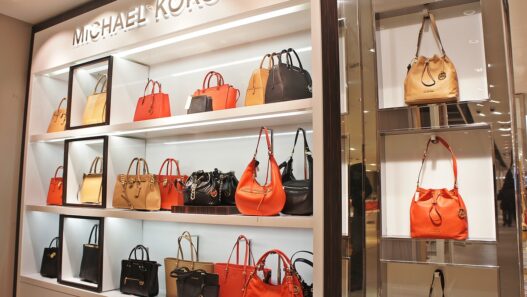




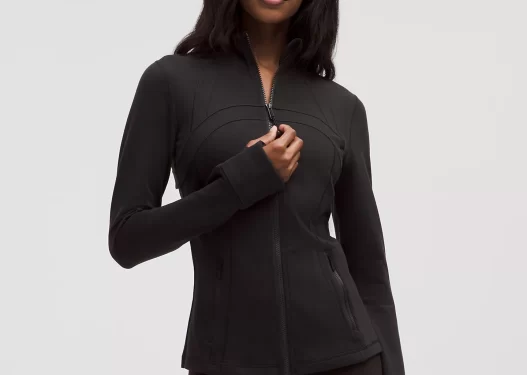
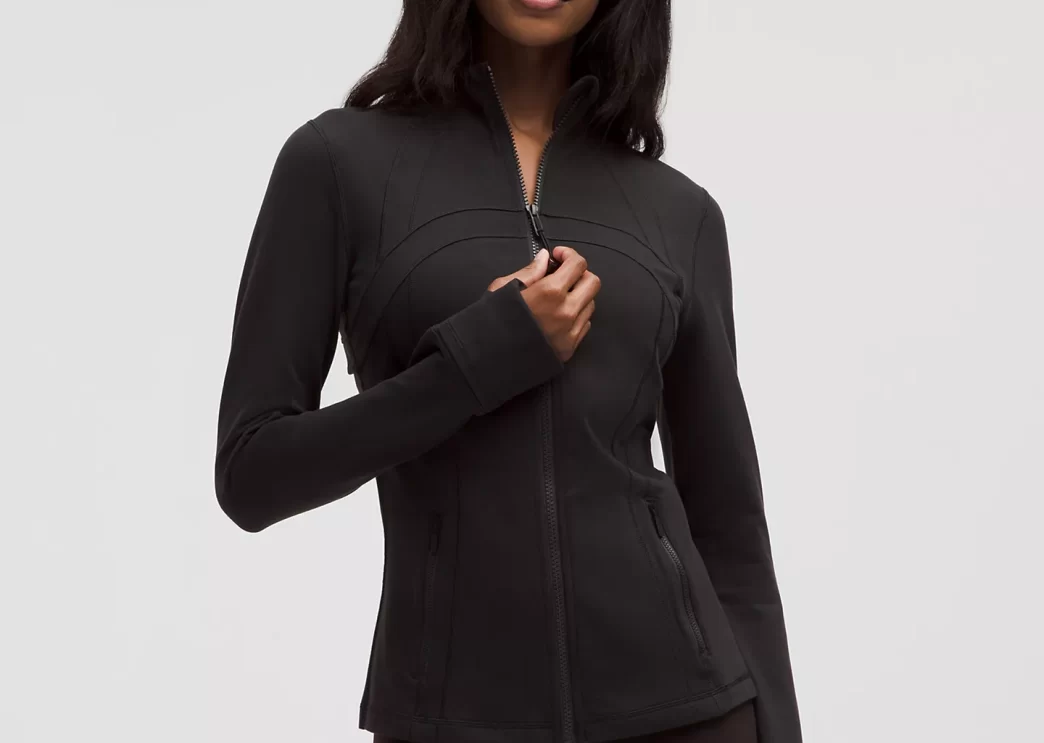


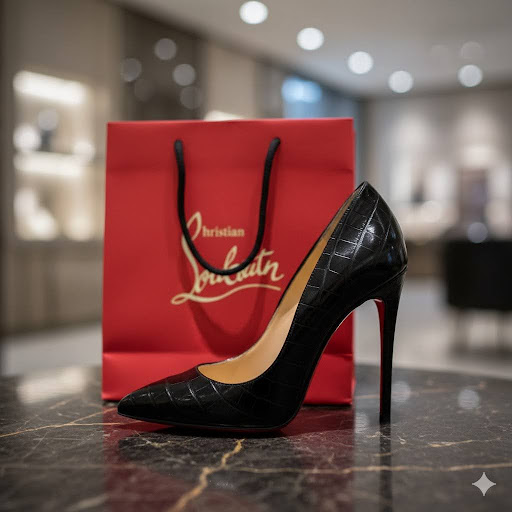

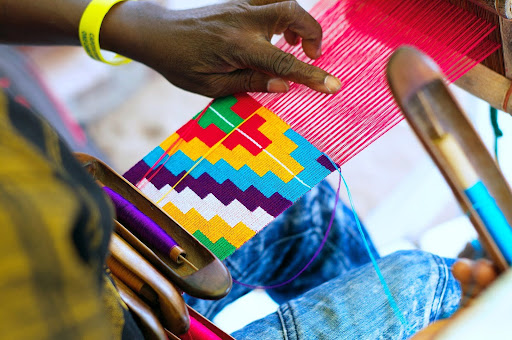

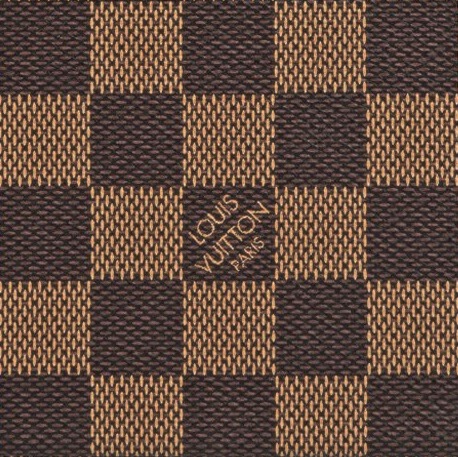
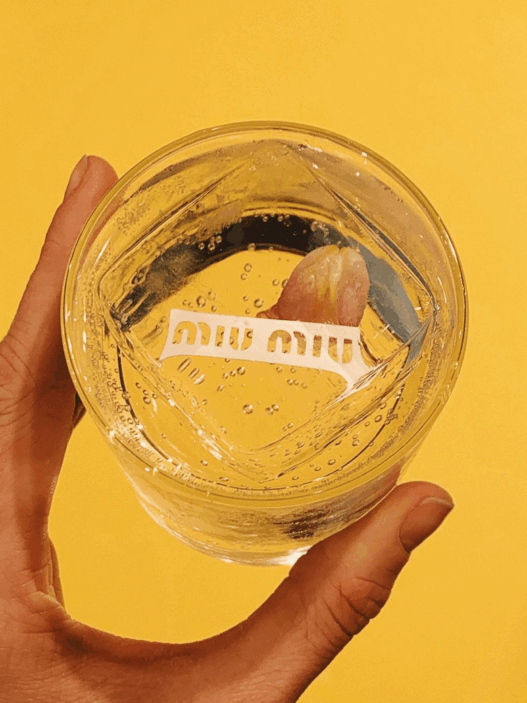
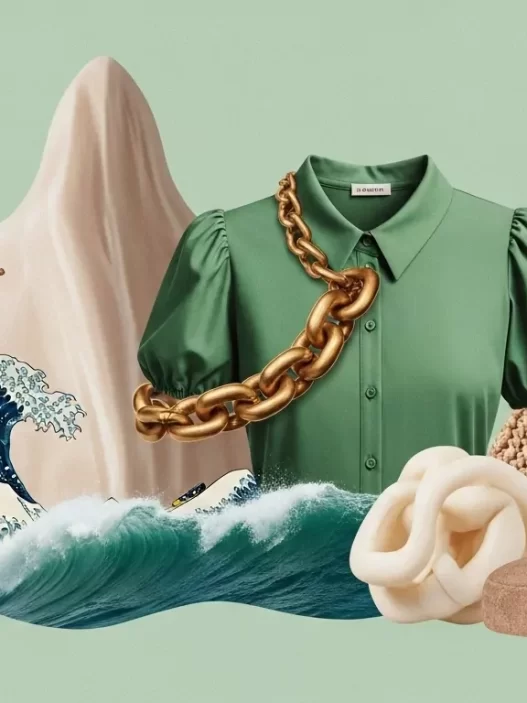

Great insights! Learned a lot from it